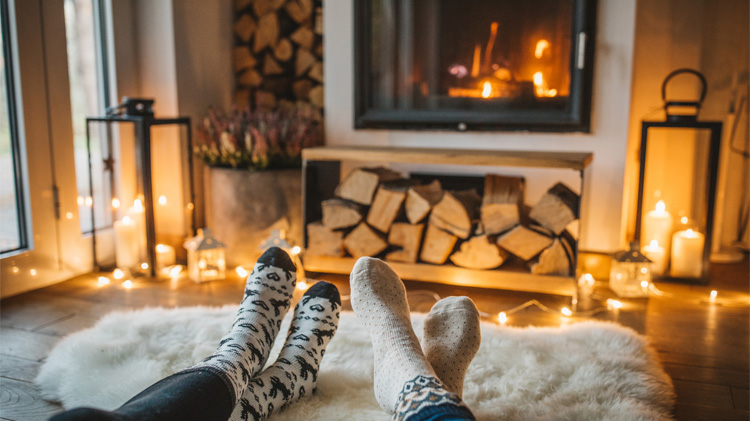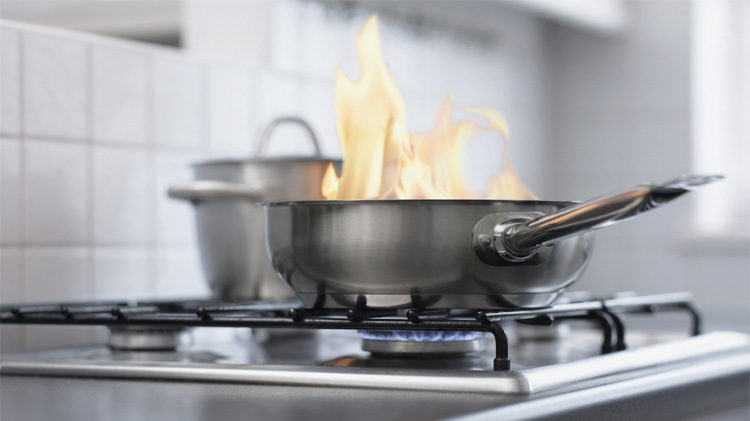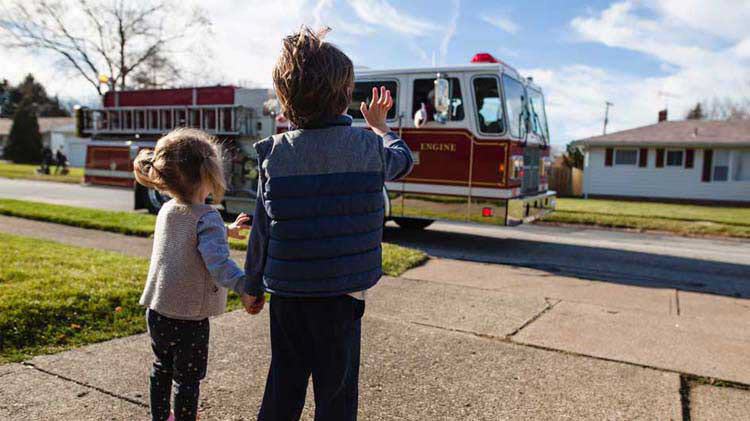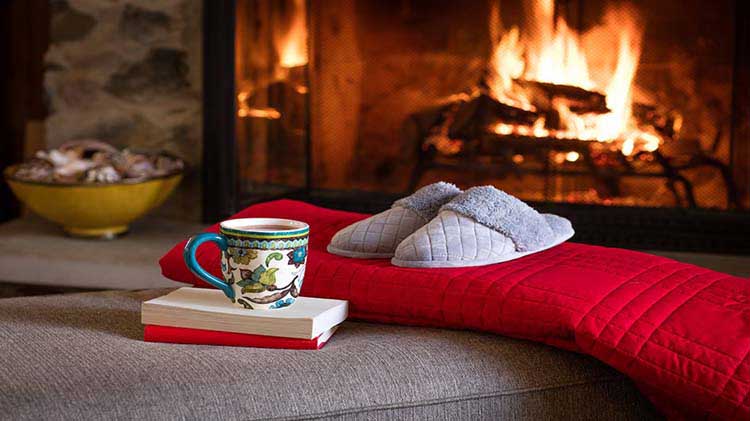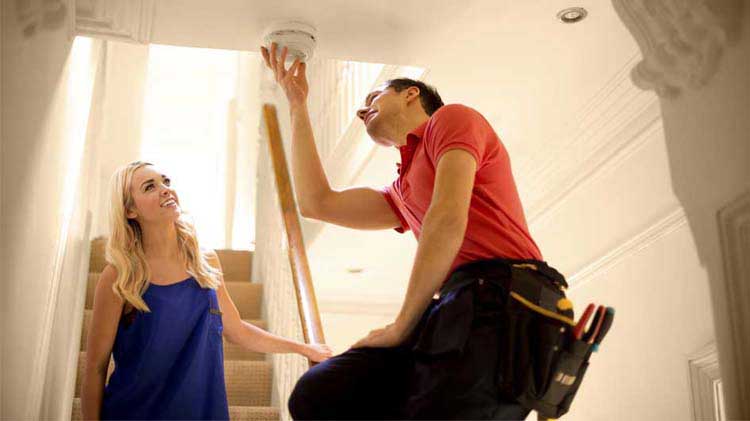Why cleaning your chimney is important
Fireplace safety begins with proper care.
A fireplace is a great amenity in any house. It can keep you warm in the winter, provides a welcoming ambiance and of course give you a perfect place to hang your stockings. However, like any appliance, you need to make sure you properly maintain and clean your fireplace. Without proper maintenance and cleaning, you may be increasing the danger of fires in your home.
To properly care for your fireplace, you need to know what kind of fireplace you have and how to properly clean your specific fireplace. There are two main types of fireplaces, gas and wood burning. Both gas and wood burning fireplaces need to be inspected yearly but they pose different dangers.
Wood burning fireplaces can build up creosote, a flammable substance. Gas fireplaces can produce carbon monoxide if not properly vented. While the newer gas fireplaces are vented through the side of the house, old wood fireplaces that have been converted to gas still use the chimneys.
Chimney fire
A fire in your chimney is an extremely dangerous event and temperatures can quickly reach up to 2,000 degrees Fahrenheit. Most chimney fires start due to a buildup of creosote, which can ignite at 451 degrees Fahrenheit. Signs of a chimney fire include loud noises from the chimney, a buildup of smoke and flames falling down into the fireplace. If you see these signs, you should get out of your house and call 911. You shouldn't assume it will burn out.
Because of the danger, you should know how to deal with home emergencies before starting any fire in your fireplace and have a working fire extinguisher.
How can I tell if my chimney needs cleaning?
If you burn wood in your fireplace, you should have your chimney inspected yearly. A certified chimney inspector will be able to accurately tell you if your chimney needs to be clean.
What is creosote?
Creosote buildup is a gummy substance of unburned gas vapors. It is flammable and expands quickly in heat. The more wood you burn, the more creosote builds up in your chimney.
How often should you clean your chimney?
Most people have their chimneys cleaned professionally and you should have an inspector look at your chimney yearly. A good time for inspection is in the fall as part of your fall home maintenance before using it as temperatures drop. A professional inspection can find more than just creosote buildup, they'll also look for obstructions, cracks and water damage.
How to clean a chimney
A licensed and certified chimney sweep is usually the safest option. These professionals have the tools, safety equipment and knowledge to quickly and fully clean your chimney.
Chimney cleaning cost
According to HomeAdvisor, the average cost of a chimney sweap is $252. Of course, this depends on the extent of buildup in the chimney. Chimneys that receive regular cleanings could be as reasonable as $85 while those with excessive buildup could be as much as $800.
With proper care and maintenance, your fireplace can remain a safe and inviting feature in your home for many years to come.
